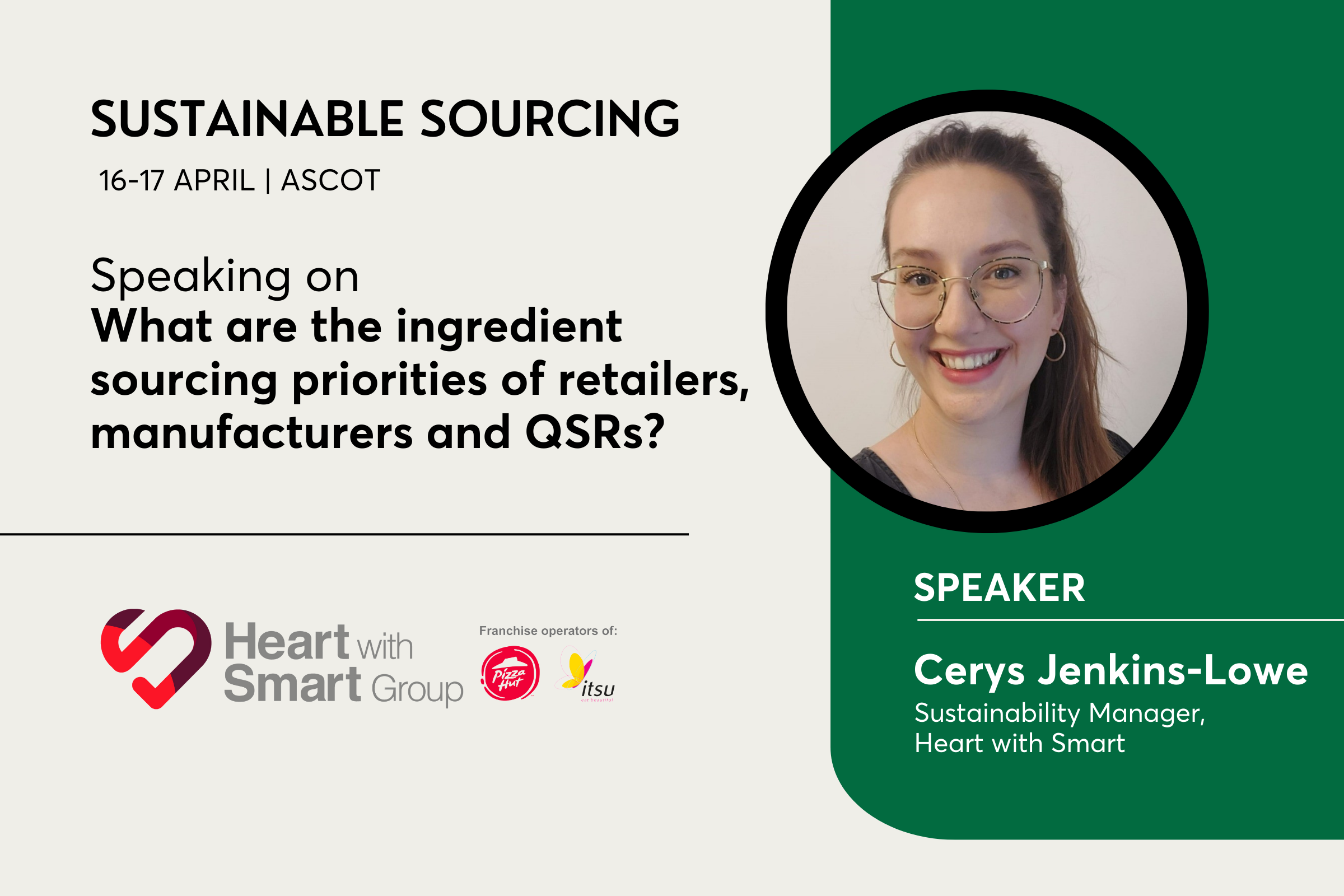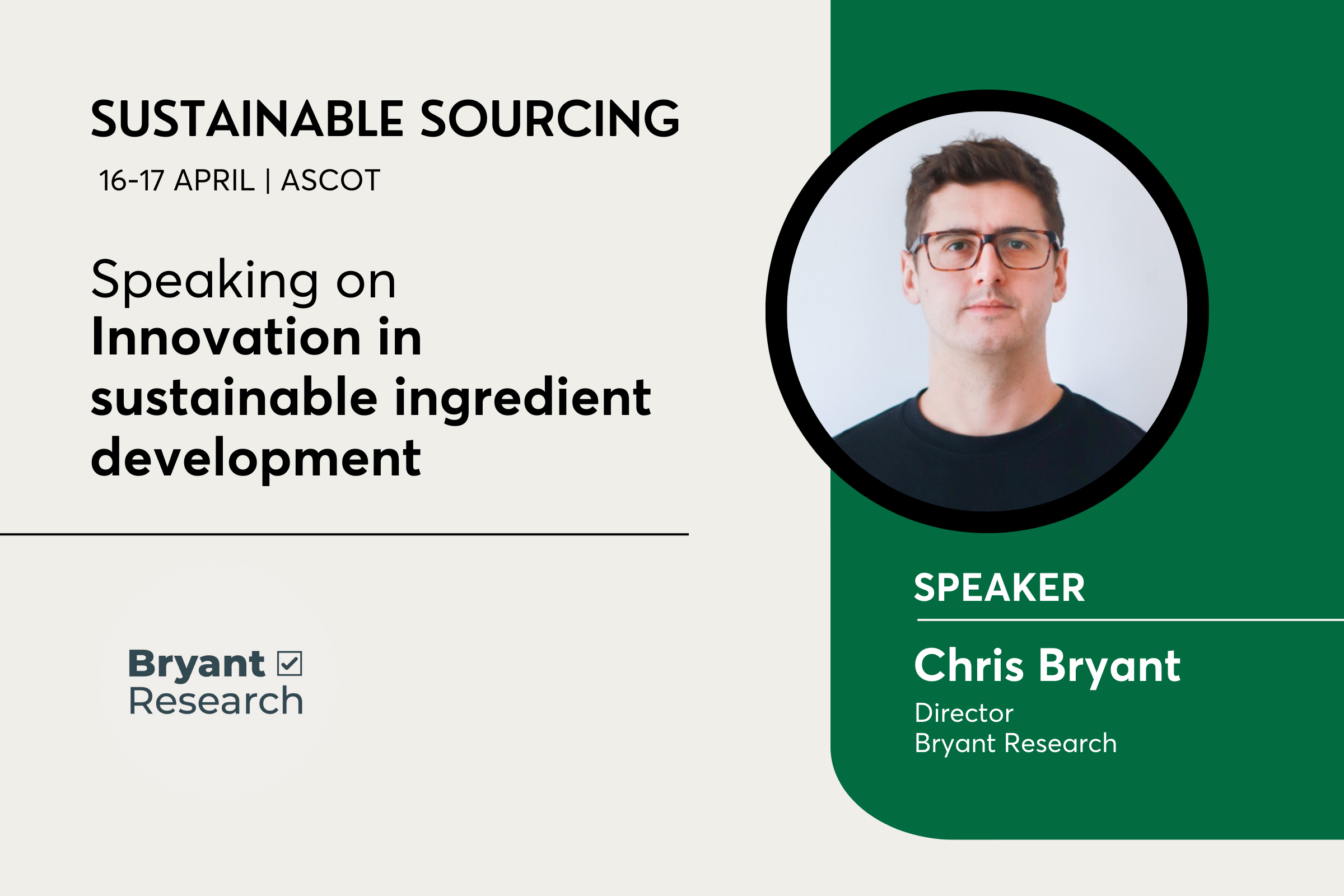17 expert tips for a successful start-up pitch

You’ve turned your idea into a company and now it’s time to take your start-up to the next level, that’s why you’ve decided to pitch to some of the best companies and investors in the food industry at Food Tech Matters.
With only a few minutes to impress, how will your pitch stand out from the crowd?
We have asked investors and corporates attending Food Tech Matters to share their tips for a successful pitch and tell us what they are looking for in a start-up.

Frederic Hoffmann is the Chief Development Officer at Project X Global, a WWF-back sustainability accelerator which helps organisations adopt nature-positive solutions in their supply chains. He is also a venture capital investor with a focus on sustainability and the food and agriculture value chains.
- Passion and complementarity in the team
Reduce redundancy, celebrate diversity, demonstrate that you all share a clear North Star and tell us why. - Realism in the appetite for your innovation
Show us that there is a well-defined market segment that will pay for your solution. The more named evidence the better. No matter how “cool” your solution, it will not sell itself. How will you make the exchange of value attractive and fair? - Humility about the path ahead
You need to have a plan forward that is resilient and adaptive. Nobody has figured it all out, and I want to know that you will navigate challenges successfully rather than assume smooth sailing. - Recognition that your solution fits into a system
What partners to you need to progress? Who will you take with you on your journey? How do you keep them motivated? Your business model needs to recognise this. - Evidence that your solution is designed with a full lifecycle in mind
For physical solutions, where does your product come from and where will it end up? Have you captured value in its entire life cycle, and have you minimized impact? For intangible innovations, what externalities does your business beget?

Frank Cordesmeyer is the Founder and Managing Partner of Good Seed Ventures. Whilst he recognises that every start-up is different, he is very clear about the criteria he looks for.
- Impact
It is crucial that the start-ups mission is fully aligned with our values and goals. Ahead of time the founders should look up the investors they are pitching to and know exactly what this investor is typically looking for. For us at Good Seed a key element is the CO2 emissions that can be reduced through this particular solution. We are dedicated towards reducing the environmental impact of food production along the entire value chain and so should the founders and their solution. - Team
What we look for in a pitch is a well-balanced team that has experience in the food industry, technology and entrepreneurship. One of the founders needs to have a technical background and ideally one or more of the founders have already scaled a start-up.During the pitch, the founders need to be able to communicate their vision in a clear, confident and empathic manner. When listening to the pitch most of our attention is directed at how the founders communicate with each other and the audience. It is important for the founders to be able to establish an emotional connection with their audience and not just rush through the pitch deck. Further, be prepared to share learnings that you have made so far. - Scalability
At Good Seed we exclusively invest in solutions that can be scaled globally and to industrial standards. The solution needs to be highly scalable from the technological point of view and there needs to be significant demand globally. Here it is very important for the founders to be realistic in terms of the technological challenges and market predictions. We are especially interested in the challenges that you will need to overcome when scaling your solution. - Protectability
At Good Seed we look for solutions that are novel and which can be protected either through trade secrets or patents. The founders need to have a clear strategy towards protecting their intellectual property.

Gil Horsky is Director of Innovation SnackFutures, the new innovation and venture hub from Mondelēz International. SnackFutures is on a mission to create a vibrant ecosystem of partners to invent and to make venture investments in the next generation of snacks and entrepreneurs.
- Know your audience
When pitching a start-up, I always recommend entrepreneurs to learn carefully who is the audience they are pitching to – are those VCs, CVC or Angels? What is their key investment thesis (investment focus areas, stage etc.…), and why is your venture a good fit to their investment thesis? - Passion
There is nothing more important for investors than meeting an entrepreneur that has her/his passion shines through, and conveys their strong belief in their venture, and in their ability to execute successfully. That being said, passion should still be grounded in capabilities, facts and reality.

Paul Rous is an Investor and Mentor for Shake Climate Change, Director of Data Exchange at Yara International and a PhD Candidate focussing on agricultural technology and innovation. Paul has been involved in investment, innovation, and agriculture for over a decade.
- Team
Show your domain and technical experience and your experience in working together. - Market size
Is the problem you are solving big enough to scale? - Product
Can you develop something that can solve the problem and is scalable / replicable? - Defensible
What is your ‘secret sauce’ and how are you going to win?

Tomer Strikovsky is Investment Manager at ETF Partners. The Environmental Technologies Fund invests and helps European start-ups that utilise innovation to delivery sustainability.
- Growth, growth, growth!
Clearly demonstrate why your company is – or will be – growing fast. There are a lot of important characteristics for a successful company, but growth in my view is key when thinking of raising capital. - Be coherent, clear and succinct
One of the qualities we see in successful founders is the ability to convey their vision clearly. Often, it takes time and practice to achieve, but once one does so, a well communicated idea cuts through the noise and delivers an impactful message quickly.








